Orcas, also known as killer whales, are one of the most intelligent and fascinating creatures in the ocean. With their sleek black and white bodies and sharp dorsal fins, they are often depicted as friendly and playful animals in movies and documentaries. However, there have been reports of orcas attacking humans. In this article, we will explore whether these reports are true and what causes orcas to attack humans.
Do Orcas Attack Humans?
What Are Orcas?
Orcas are the largest member of the dolphin family and are found in every ocean around the world. They are known for their distinctive black and white markings, which make them easily recognizable. Orcas can grow up to 30 feet long and can weigh over 10,000 pounds.
Are Orcas Dangerous?
While orcas are often called “killer whales,” they are not typically dangerous to humans. In fact, there has only been one confirmed case of an orca killing a human in the wild. However, orcas are still apex predators and should be treated with caution and respect.
Why Do Orcas Attack?
Orcas are intelligent and social animals that are known for their complex social structures and communication skills. They typically hunt in packs and have been known to work together to take down larger prey, such as sharks and whales. While they do not usually attack humans, there have been reports of orcas attacking boats and even people.
The Incidents of Orcas Attacking Humans
The 1991 SeaWorld Incident
The most famous incident of an orca attacking a human occurred in 1991 at SeaWorld in Orlando, Florida. A trainer named Dawn Brancheau was killed when an orca named Tilikum grabbed her by the arm and dragged her underwater. The incident was later depicted in the documentary film “Blackfish,” which sparked controversy over the captivity and treatment of orcas in theme parks.
Other Incidents of Orcas Attacking Humans
While the SeaWorld incident is the most well-known case of an orca attacking a human, there have been other incidents over the years. In 1972, a man named David Dukes was swimming in New Zealand when he was attacked by an orca. He was rescued by a nearby boat, but suffered injuries to his legs and back.
Causes of Orcas Attacking Humans
The exact reasons why orcas attack humans are not well understood. Some experts believe that it may be a case of mistaken identity, as humans in wetsuits or on surfboards may resemble seals, which are a common prey for orcas. Others believe that the attacks may be caused by stress, territoriality, or other factors.
How to Stay Safe Around Orcas
🔬 Subscribe to SciMail
Get the latest science discoveries straight to your inbox!
Tips for Boaters and Swimmers
If you are boating or swimming in an area where orcas are known to be present, there are some simple steps you can take to stay safe. First, it is important to maintain a safe distance from the animals and avoid approaching them too closely. If you are in a boat, be sure to keep the engine noise down and avoid sudden movements or changes in speed.
The Importance of Respect
Above all, it is important to remember that orcas are wild animals and should be treated with respect. While they are not typically dangerous to humans, it is important to understand their behavior and take precautions to avoid any potential conflicts.
Why don’t orcas attack humans
There are several reasons why orcas don’t attack humans:
1. Humans are not their natural prey
Orcas have evolved to hunt marine mammals, not humans. They have no natural reason to attack humans, and as a result, they rarely do so. Orcas are intelligent animals and can distinguish between different types of prey.
2. They have no reason to view humans as a threat
Orcas have no natural predators in the wild and are at the top of the food chain. They have no reason to view humans as a threat, and as a result, they usually avoid them.
3. Orcas have a complex social structure
Orcas are highly social animals and live in complex family groups known as pods. These pods are led by a dominant female, and each member of the pod has a specific role. This social structure means that orcas are unlikely to attack humans unless they feel threatened or provoked.
4. They may be curious but not aggressive
Orcas are intelligent animals and are known for their curiosity. They may approach boats or humans out of curiosity, but this does not necessarily mean they are going to attack. In many cases, orcas will simply swim away once they realize there is no prey or threat.
Conclusion
While there have been reports of orcas attacking humans, these incidents are rare and are typically caused by specific circumstances. Orcas are intelligent and complex animals that should be treated with respect and caution. By understanding their behavior and taking appropriate precautions, we can coexist with these amazing creatures in the ocean safely and responsibly.
FAQs
- How often do orcas attack humans?
- While orcas are known for their intelligence and hunting skills, attacks on humans are extremely rare. There have been only a few documented cases of orcas attacking humans in the wild.
- Are orcas dangerous to swimmers and surfers?
- While orcas are not typically dangerous to humans, it is important to exercise caution and respect when swimming or surfing in areas where they are known to be present.
- Can orcas be trained to attack humans?
- No, orcas cannot be trained to attack humans. In fact, most orcas in captivity are trained to perform tricks and behaviors that are not natural to them in the wild.
- What should I do if I encounter an orca in the wild?
- If you encounter an orca in the wild, it is important to maintain a safe distance and avoid approaching them too closely. If you are in a boat, be sure to keep the engine noise down and avoid sudden movements.
- Are orcas endangered?
- While orcas are not currently listed as endangered, some populations are considered threatened due to factors such as pollution, overfishing, and habitat loss. It is important to protect these animals and their habitats to ensure their survival in the wild.

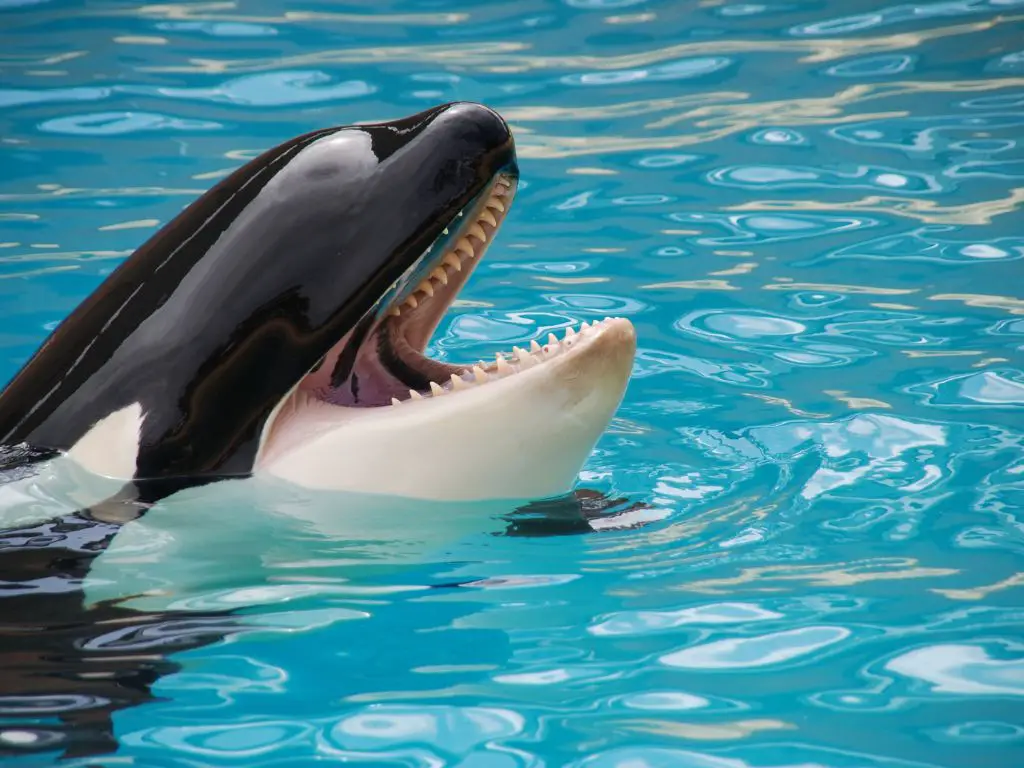
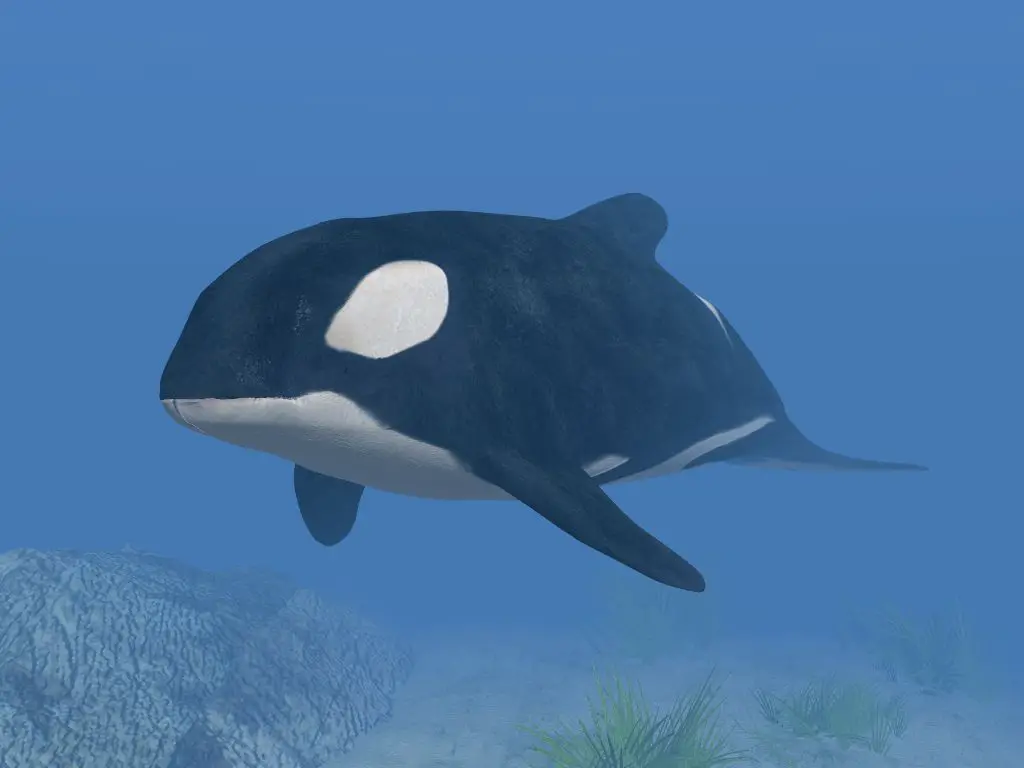
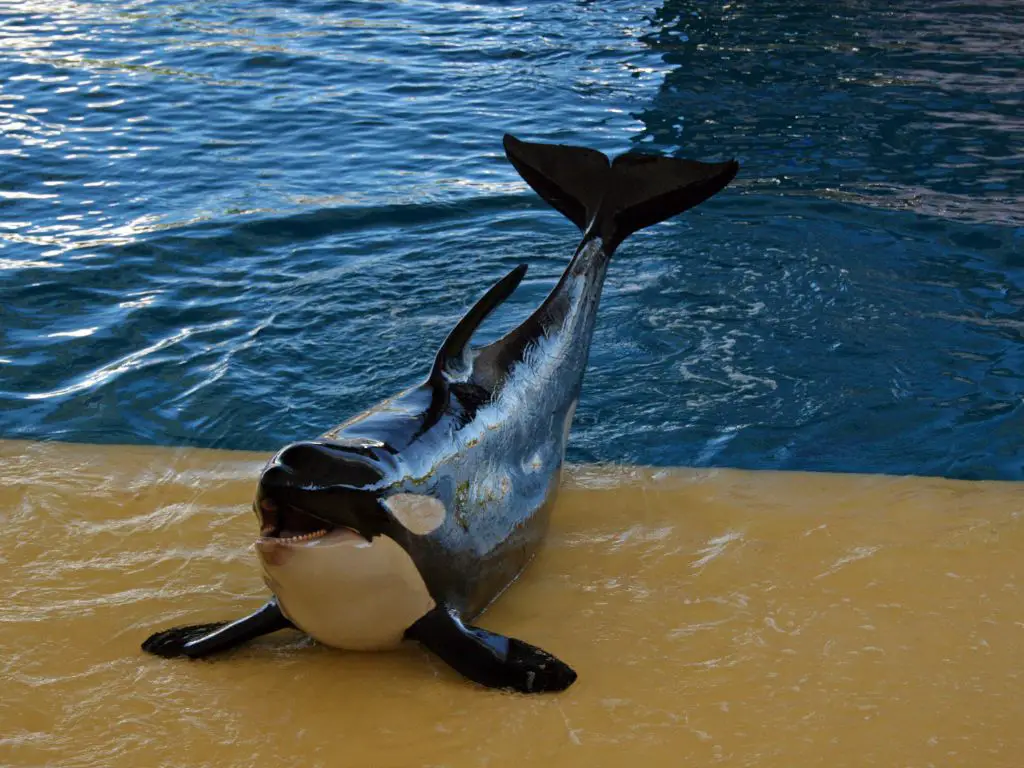
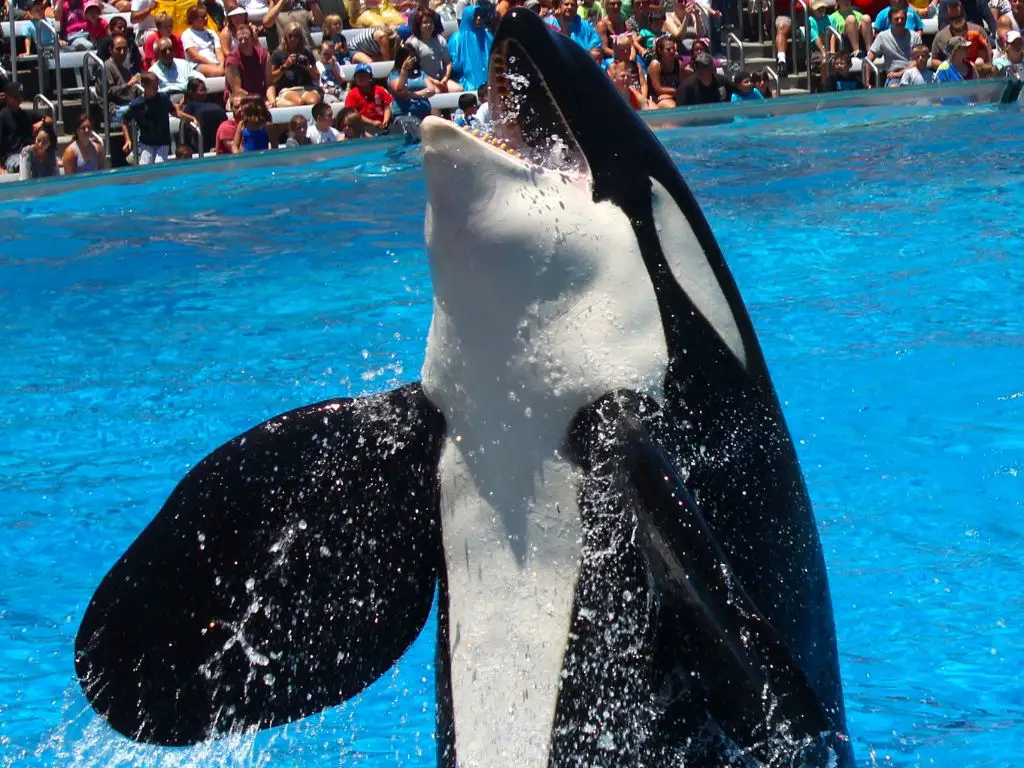
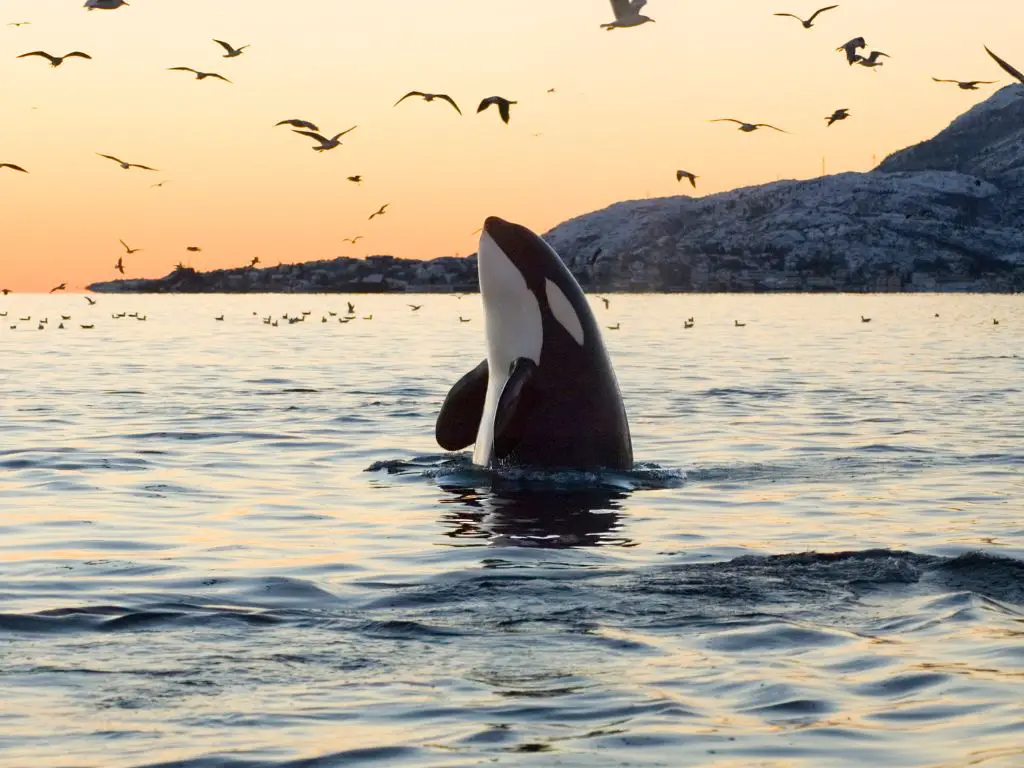
Leave a Reply